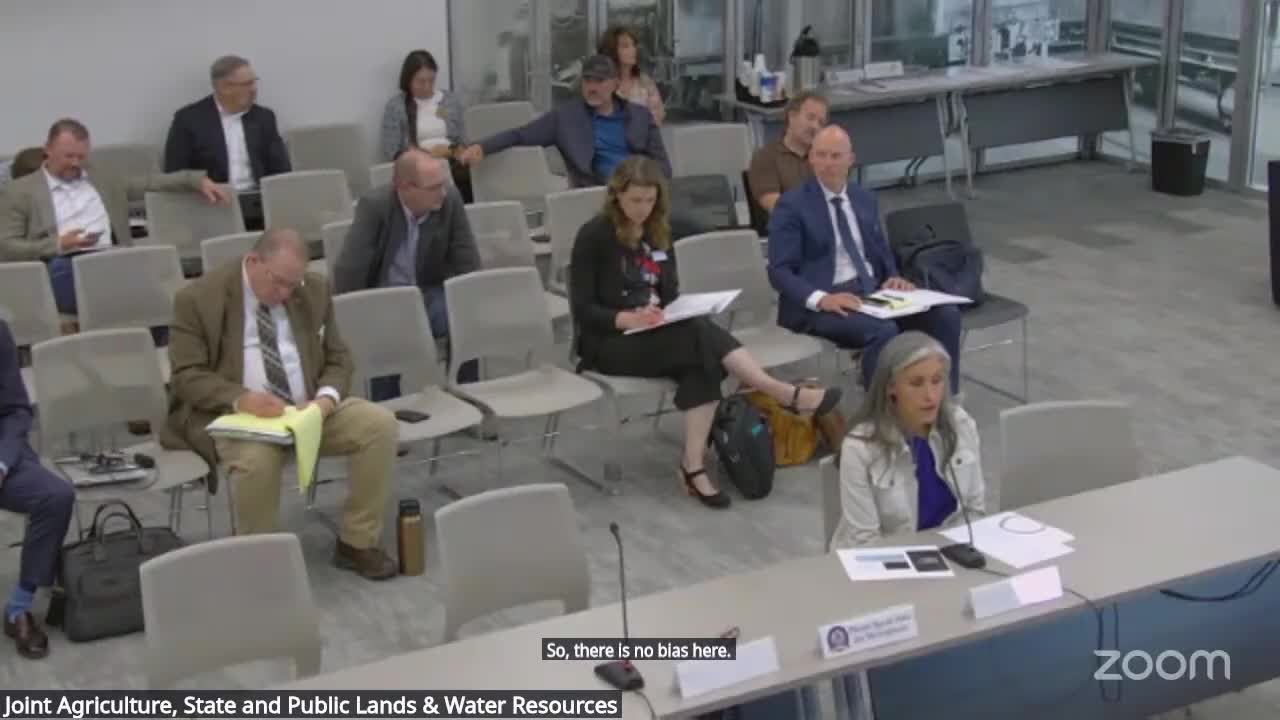
This article was created by AI using a video recording of the meeting. It summarizes the key points discussed, but for full details and context, please refer to the video of the full meeting. Link to Full Meeting
During the meeting, a speaker raised alarms about the lack of comprehensive studies on the effects of cloud seeding on both human health and wildlife, particularly focusing on the bighorn sheep population. The speaker, an expert in hematology and microbiology, presented findings from tests conducted on Wyoming snow, revealing the presence of various nanoparticles, including silicon, calcium, and rare earth minerals. These substances, the speaker argued, could have harmful effects on both the ecosystem and human health.
The speaker emphasized that nanoparticles can lead to severe health issues, including cancer, due to their ability to cause inflammatory responses and DNA damage. Concerns were also raised about the interaction of silver iodide with other chemicals being dispersed in the atmosphere, questioning the safety of blanket authorizations for cloud seeding programs without thorough understanding of these interactions.
The implications of these findings are significant for Wyoming residents, as they raise questions about the safety of the air and water quality in the region. The speaker's call for more rigorous research reflects a growing demand for transparency and accountability in environmental practices that could affect public health and the natural landscape.
As the meeting concluded, the committee acknowledged the need for further investigation into the environmental impacts of cloud seeding and the chemicals involved. This discussion is expected to continue, with community members and environmental advocates urging lawmakers to prioritize the health of both residents and wildlife in future decisions regarding weather modification practices.
Converted from Joint Agriculture, State and Public Lands & Water Resources, August 28, 2025 - PM meeting on August 29, 2025
Link to Full Meeting
Comments
View full meeting
This article is based on a recent meeting—watch the full video and explore the complete transcript for deeper insights into the discussion.
View full meeting